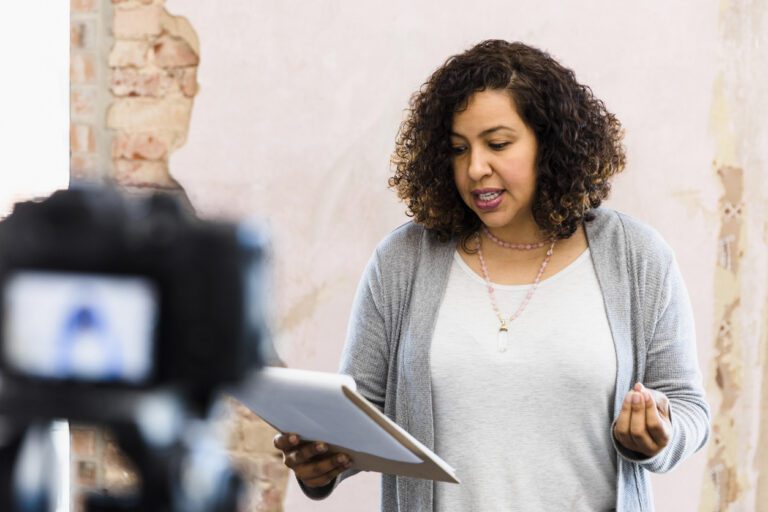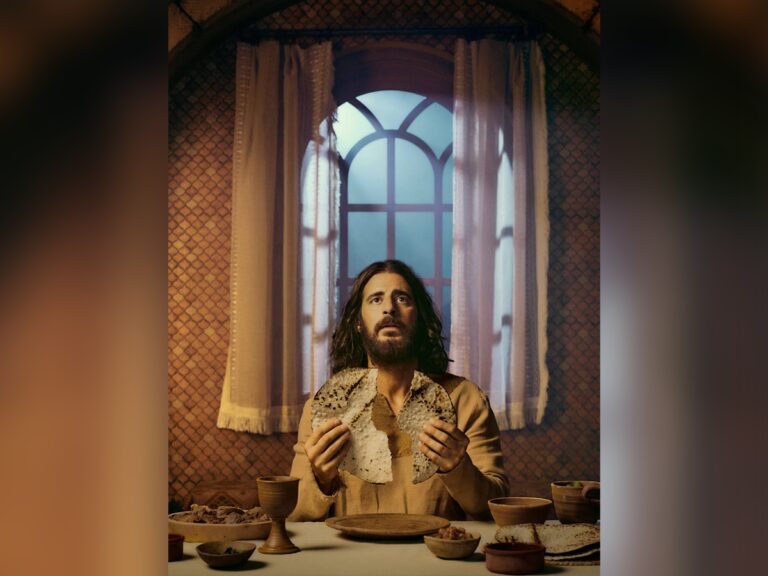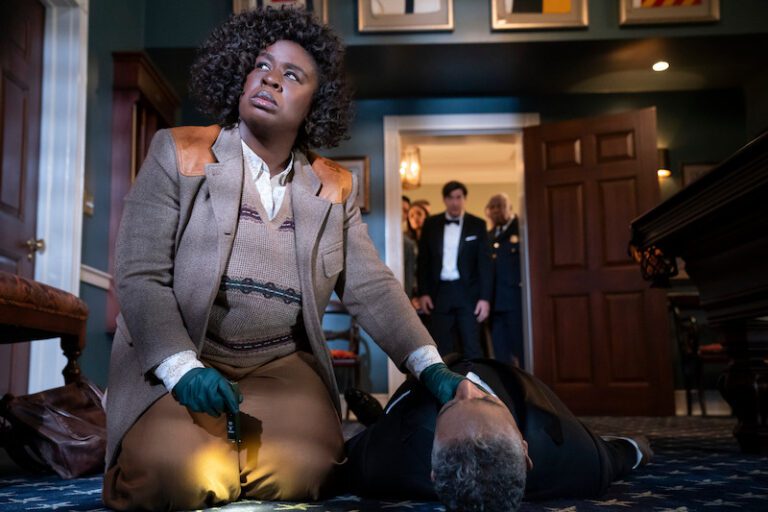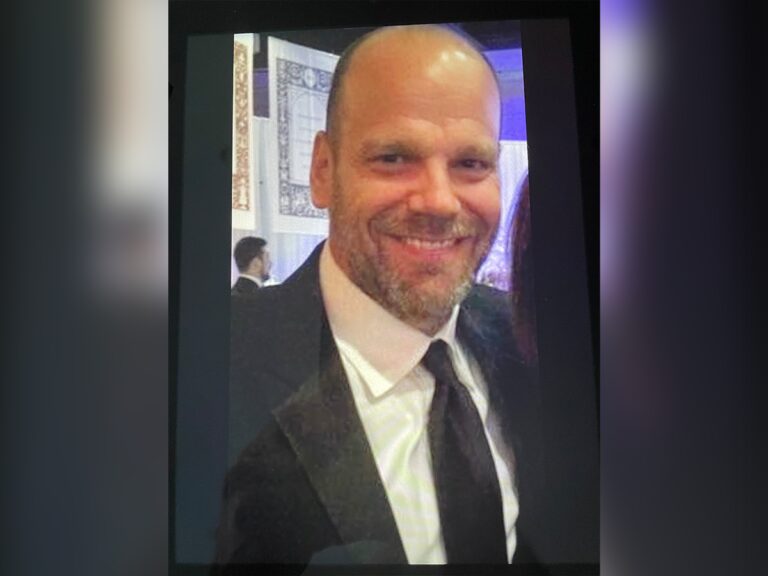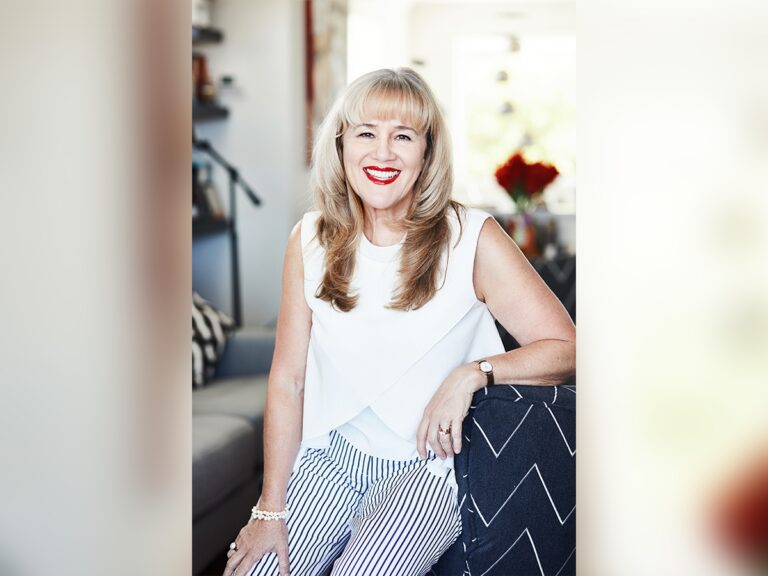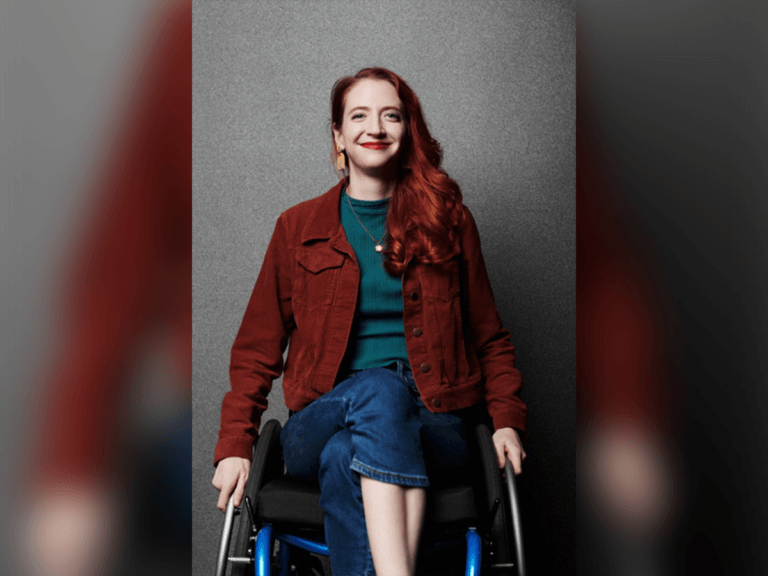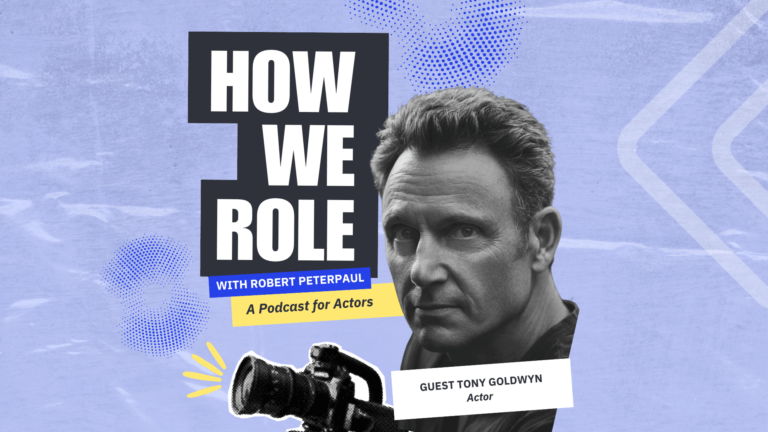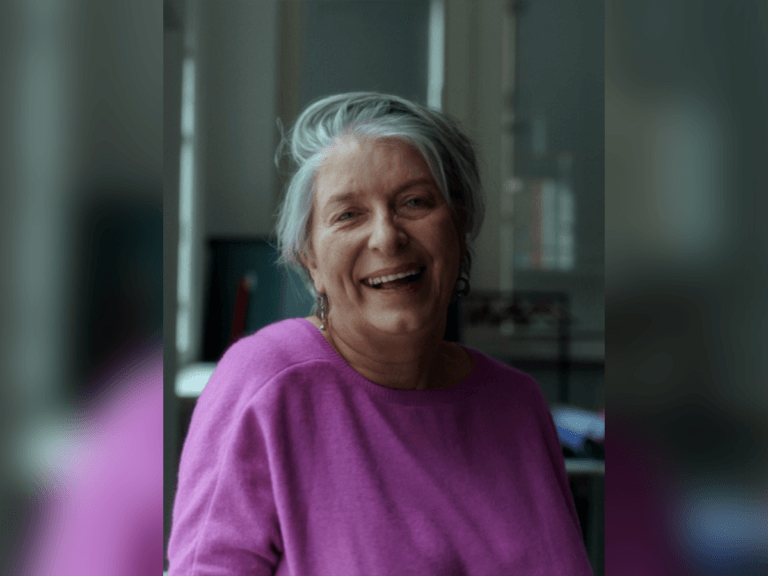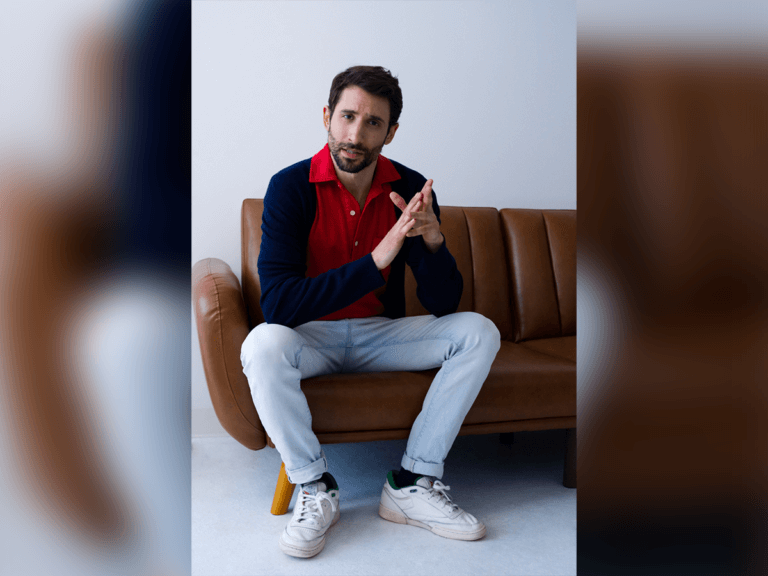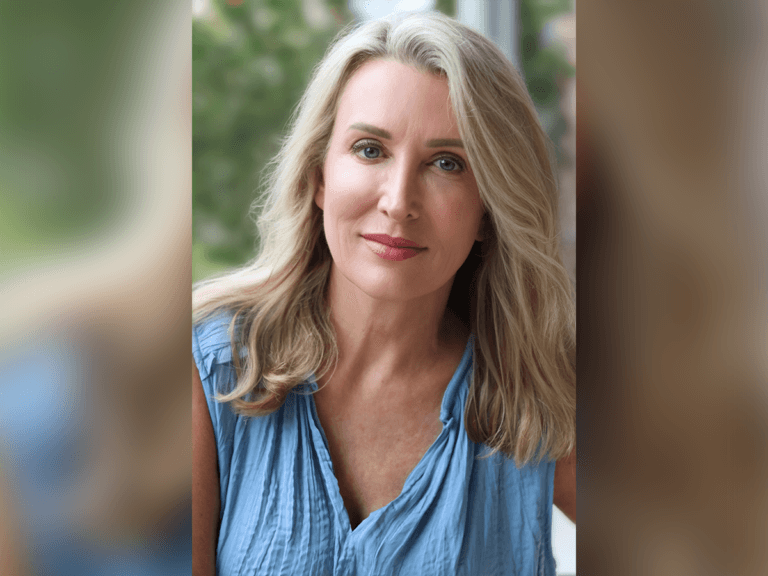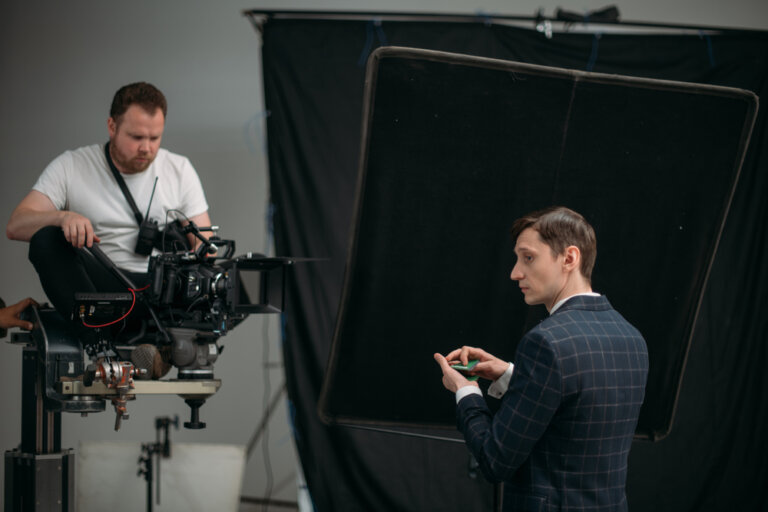Like many casting directors, Tim Payne started on the other side of the camera before making the switch. Unlike a lot of casting directors, he came to it a bit later in life. That helped him find his calling, and within a few years, he became one of television’s go-to casting hires.
Over the years, he’s been involved with plenty of hit shows, like Huff, The Lying Game, Suburbagatory and Crazy Ex-Girlfriend, just to name a few. His most recent project is the NBC drama The Hunting Party, starring Melissa Roxburgh, which premiered in February. He spoke to us from his home office in LA.
Insights: Lessons From Tim Payne
- Ignore other actors in the waiting room; focus on your own audition.
- Know your lines well, but stay open to direction and be adaptable in the moment.
- Don’t judge yourself during the audition; focus on giving a genuine performance.
Thinking about joining Casting Networks? Sign up for a free trial today!
How did you get into casting in the first place?
I think, like a lot of us, I was an actor first. I moved here from Texas and I wasn’t working enough, so a friend of mine’s boyfriend’s sister was an assistant at a talent agency. She wanted to take a vacation after two years of working there. She was dying, pulling her hair out, wanted two weeks, and they had no one to fill in for her. I filled in for two weeks, and I stayed two or three years.
I realized what was never gonna work for me as an actor was the waiting. I like to get up and go to work, so the agency business filled that for me. It was all year round, and you went in every day. That made sense to me.
How did the switch to casting come about?
The next-to-last agency I was working at laid me off. We had too many people and the agency wasn’t doing great. I was complaining to a casting director friend of mine because agents talk to casting directors. That’s who we sell to. She told me, “You’re on the wrong side of this business. You love actors; you love the acting part of it, but you’re frustrated and maybe not going as far as you can because you’re not creatively filling what I think is more appropriate for you.”
I didn’t understand totally what she was talking about, but she was like, “I’m leaving. You should come meet here to be a casting director.” I went and met Meg Liberman and Cami Patton, and they hired me to be an assistant. It was the year 2000, so that would have made me 33 years old.
I started over again at the very bottom and just started working my way up, trying to figure out the business of casting. Ironically, I worked for them for four years before I went out on my own, and I went to work every day. They had enough projects that we just kept going and kept going and kept going. Now, I’m a little bit more like an actor. I have to go searching for work, but the odds are much better.
Once you made the shift to casting, what was it specifically that spoke to you?
I felt at home, like I knew what I was doing. At the same time, it was such a learning curve. As an agent, you’re responsible for your 200 actors, and you think they’re the only 200 actors in the world, and they all fit the parts, and blah, blah, blah. When I got into casting, 250 agents had 200 clients who felt like their clients. The world just ballooned, and I realized that as much as I knew the business and as much as I knew some actors, I did not know all actors.
Was that the extent of the learning curve?
I started in January. Back then, we had pilot seasons, and we started immediately into a pilot season. I think we were doing King of Queens at the same time, and I didn’t know what I was doing. I wasn’t a very good assistant, ever.
I’ll just tell you a very quick story. I was doing a pilot with Cami Patton. She was very kind, very patient and very nice — and still is. The stress was getting there and it was coming time to test at the studio. This was a Friday afternoon. We were going to the studio on Monday, and we were taking three characters in. I think we had 18 people that we were taking to the studio — six people for three characters.
You had to do these packets back then that you had to print out and make copies of. Cami said, “Let me see the master list to go over, just to make sure it’s in good shape, looks good and blah, blah, blah.” I said, “What is a master list?” She said, “The list you’ve been keeping since we started that shows everyone that’s come in, everyone we’ve seen, everyone we’ve talked about, everyone we’ve seen on tape and everyone that we’ve taped.” I said, “And this list would be on my computer?” She said, “It better be.” It wasn’t. (Laughs)
I had never heard of a master list and didn’t know what a master list was. I had to put that together over that weekend because that also had to be copied. It ended up being about 50 typed pages, times 20 or however many people are at a studio that you have to give them a copy of the thing. I learned a quick lesson, and it just goes to show you that as much as I knew what I was doing, I did not know what I was doing as far as the business of casting goes.
That is an awesome story. What was behind the decision to go out after four years?
I was lucky. I was asked to cast a new writer on his pilot and it worked. It was called Huff and it was on Showtime. I think the five years of having been an agent helped me understand how to make a deal, and how to negotiate. I learned the casting stuff in those four years. Coupled with having made actor deals for five years before that, I think helped me be more prepared.
I think after four years, people can often go out on their own and would be ready to go out on their own. But in today’s world, to get a studio and a network to approve you with no track record, and to have producers come to you and say, “I want you to cast mine,” it’s become a little bit, “I want the star casting director. I want the casting director who’s got 30, 40, 50 credits under their belt.” It’s hard for a new casting director to get started now. This was 2004, Cami and Meg recommended, and Don Steinberg at Sony and Beth Klein at Showtime, both said, “Yes, we’ll take a chance.”
The fact that they were so ready to support you going out on your own backs up a theory I have about casting directors, that you’re far more supportive of each other than most other craftspeople are. Do you agree?
I’ll tell you two things that I think about that. Number one: in 2006, we became a union. Before that, we didn’t know each other. We never ran into each other unless you were walking into a studio session and they were leaving one. You would say hello, how are you, you’d see who was ahead of you or who was behind you or whatever, but there was no great campus of casting directors where you all were together. I think that unionizing brought us together. We had meetings, we got to know each other, we showed up and we helped each other. We now have benefits, we now have insurance, we now have things that we didn’t have before this happened. I think that helps.
What’s the second thing?
We have a common language. I think there’s an appreciation and an understanding of the grunt work that goes into it.
Whether you’re doing a Steven Spielberg movie or with someone brand new, you start at the beginning with a blank slate, you get those submissions in, you dig through them and you pray to God that there is a hidden gem in there somewhere. I think there’s a shared experience of what we go through. I think that’s why we are easily supportive of each other.
You talk about the “grunt work.” I’m always fascinated by that and about the arduousness of the audition process on both sides. Do you find that there are common mistakes that actors make when they come in?
I think there are technique issues, but I think the psychology of it undoes people quicker than anything else. We haven’t been in-person in a long time, but it used to be that you’d go and sit in a room with other actors, and that can either make or break you. I remember actors calling me and saying, “I left the waiting room. There’s no way I’m getting it, blah, blah, blah and blah, blah, blah, blah, they’ll go with them and not me.” Already they’ve walked in with a “woe is me,” and unless the “woe is me” is what the character is, that’s not going to help you.
With that in mind, what piece of advice or wisdom would you give to someone coming in to audition for you?
Don’t judge yourself. We’re here to do that. Let us judge you. Just be in the moment.
I think that’s where actors make a huge mistake. They get a little outside of themselves and start looking at it instead of being in it and wanting to stop or interrupt or do it again, and that so seldomly serves them well.
Be present. Be in the moment. Be alive. Be listening, as well as performing, as well as knowing your lines, but also be ready for what opportunity there is for something real to happen.
You may also like:
